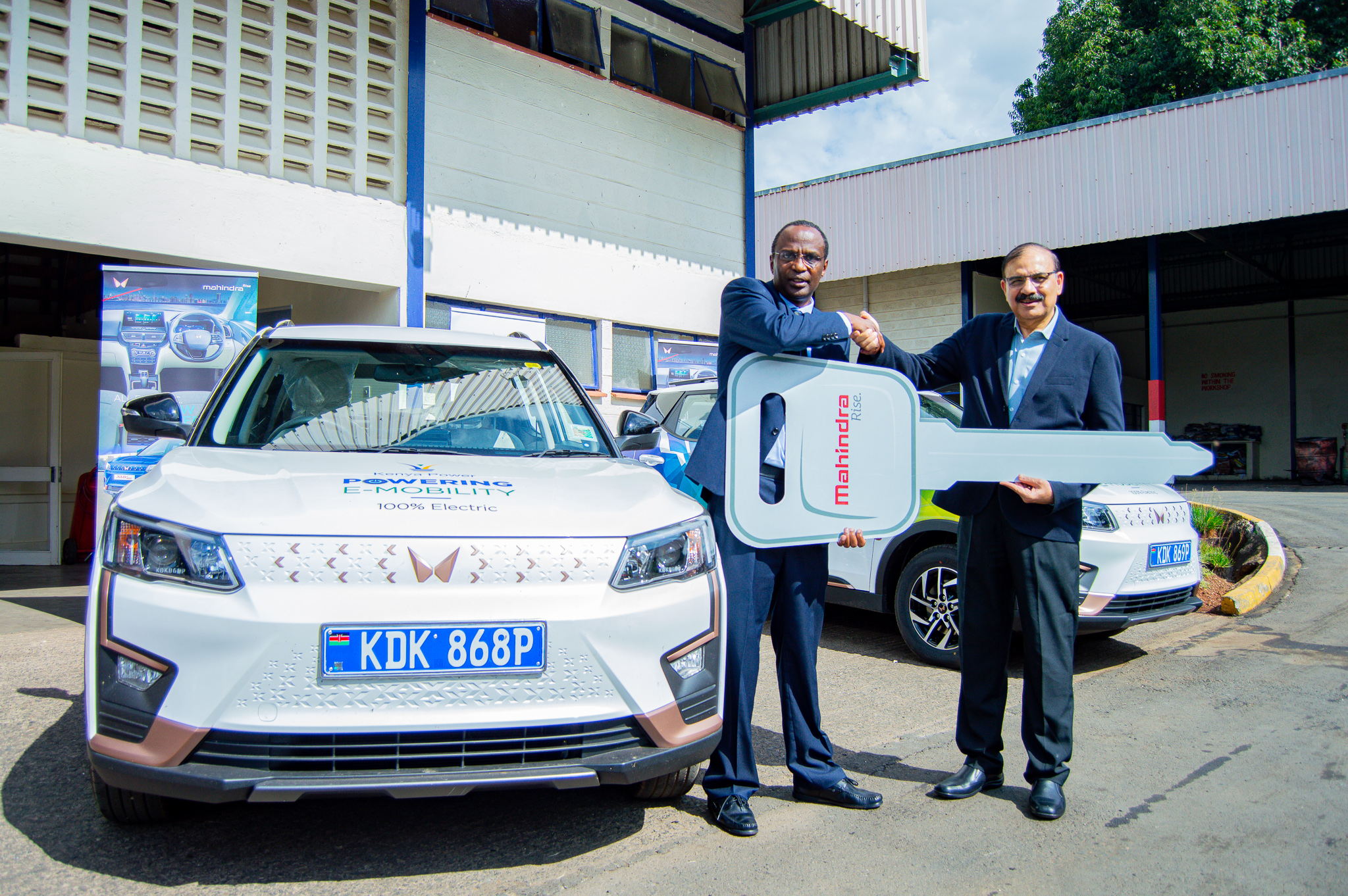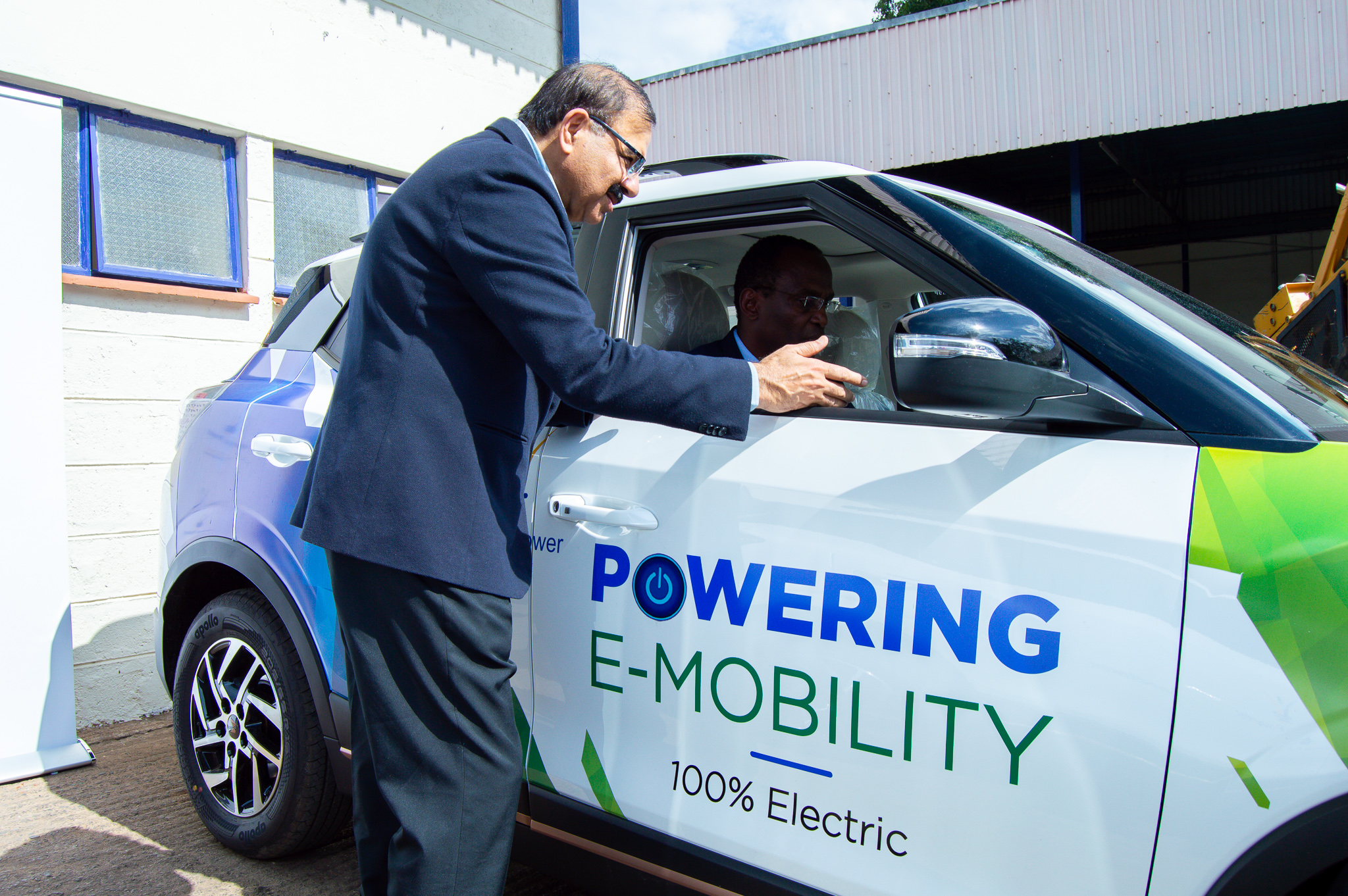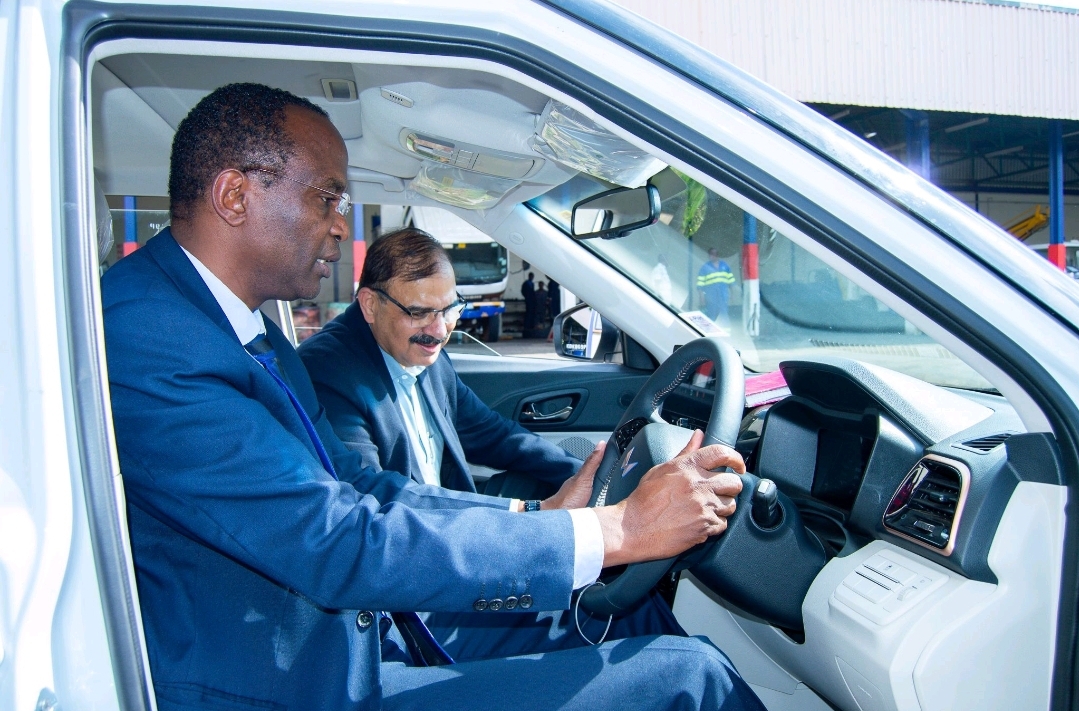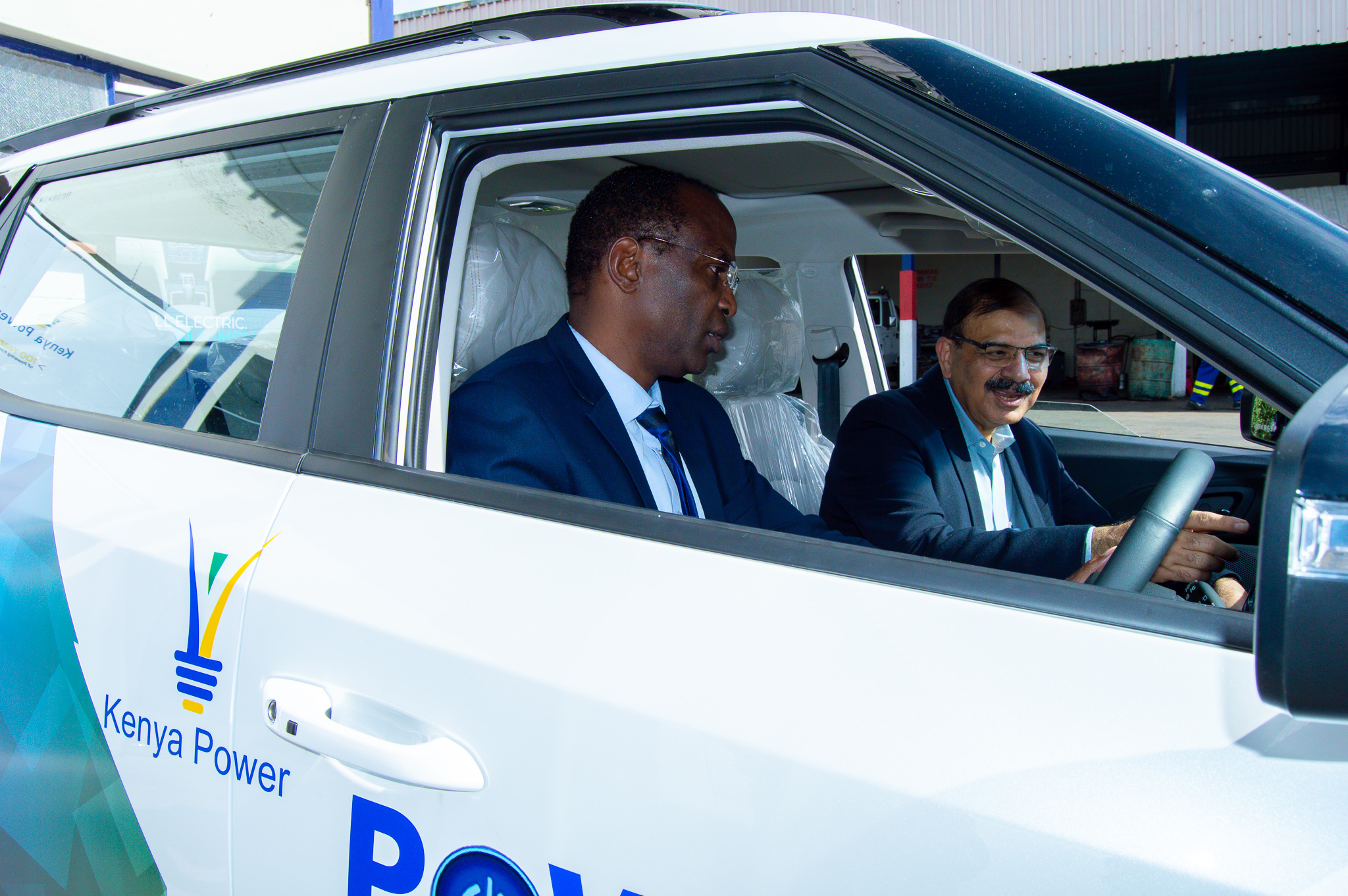Sign up for daily news updates from CleanTechnica on email. Or follow us on Google News!
There is a growing number of utility companies on the African continent that are now adding electric vehicles to their fleet. Fleet operators have some of the best use cases for electrification. A lot of their operations revolve around well-known routes and daily driving ranges, which is great for planning charging sessions around their normal operations. On-campus charging at their depots is another great perk. Fleet managers will get a lot of benefits from lower total cost of ownership by switching to electric. For those companies that are in the business of generating electricity or responsible for the wholesale or retailing of electricity, they get the added advantage of substituting a huge petrol and diesel bill through the consumption of some of the fruits of their own labour. Why pay someone else for some diesel and petrol when you could just consume some of the electricity you are generating or retailing?
In South Africa, Eskom, which has about 12,000 vehicles in its fleet, has just launched a pilot program as one of the first steps towards electrifying this fleet. The pilot project includes the procurement of 20 electric vehicles, ranging from light delivery vehicles to light trucks for operational use. The pilot project involves the installation of 10 charging stations at five Eskom sites across the country. The other sites are Brackenfell in Cape Town, Mkondeni in Pietermaritzburg, Tlhabane Customer Network Centre (CNC) in Rustenburg, and Marathon CNC in Mbombela. These sites will serve as the foundation for Eskom Distribution’s long-term strategy to electrify its entire fleet by 2040.
In Kenya, the Kenya Electricity Generating Company PLC (KenGen) launched a plan last year to lead Kenya’s transition from gasoline-powered vehicles to electric vehicles as another way of combating climate change while solving transportation challenges in the country. To launch the project, KenGen unveiled its first four electric vehicles (EVs) in Nairobi in a move to support its diversification ambitions in the e-mobility sector. The four vehicles, which include two SUVs and two double-cabin pickups, will primarily be used for data collection and policy development as the company prepares to install over 30 EV charging stations across the country.
Also in Kenya, Kenya Power, which is the main offtaker of power produced by both national (KenGen) and independent power producers in Kenya, says that, as a major stakeholder in the electricity sector, it has been at the forefront of promoting the adoption of electric mobility in Kenya. Earlier this year, Kenya Power announced that it will invest up to KShs 258 million (~$2 million) in the next three years to drive the uptake of electric vehicles in the country. The money will go towards the cost of setting up charging stations at various locations across the country and the purchase of electric vehicles and motorbikes for its own internal operations.
Kenya Power is now ramping up its activities in the electric mobility space. Kenya Power has already set up some charging stations which can also be accessed by the general public as well as its own fleet. Kenya Power launched a DC charging station at Stima Plaza, which has been set up at a cost of KShs 6.5 million (~$50,000). The charging station comprises two chargers; a 50 kW DC and a 22 kW AC charger. It is the second EV charging station that is owned by Kenya Power, after a similar one that is located at the Ruaraka Depot, which hosts the company’s transport section. Kenya Power also acquired some electric pickups and some Hyundai Kona SUVs.
Kenya Power recently added some more electric vehicles to its fleet. This time it introduced some Mahindra XUV400 electric SUVs. Simba Corporation, the official dealership for Mahindra in Kenya, delivered the XUV400 electric SUVs to Kenya Power. According to David Mugambi, Head of Transport at Kenya Power, the delivery marks a significant step forward in Kenya’s journey towards sustainable mobility and environmental responsibility.
“At over 92% green generation, Kenya Power has one of the cleanest energy distributions on the planet. In light of environmental concerns and our need to be carbon neutral, reducing emissions within the transport space is crucial. This therefore marks an important milestone in our EV journey, which started 8 years ago with the transition to electric material handling equipment in our yards and warehouses,” says Mugambi.
Group Managing Director of Simba Corporation’s Motors Division, Naresh Leekha, says the company is committed to supporting Kenya’s EV journey as illustrated by the introduction of the Mahindra XUV400 SUV into the Kenyan market. The vehicle has a stated acceleration of 0–100 km/h in 8.3 seconds, delivered with a torque output of 310 Nm. It has a range of up to 456 km in a single charge using the Modified Indian Driving Cycle (MIDC). It comes with two battery options (34.5 kWh and 39.4 kWh).
Images courtesy of Simba Corporation
Have a tip for CleanTechnica? Want to advertise? Want to suggest a guest for our CleanTech Talk podcast? Contact us here.
Latest CleanTechnica.TV Videos
CleanTechnica uses affiliate links. See our policy here.
CleanTechnica’s Comment Policy







